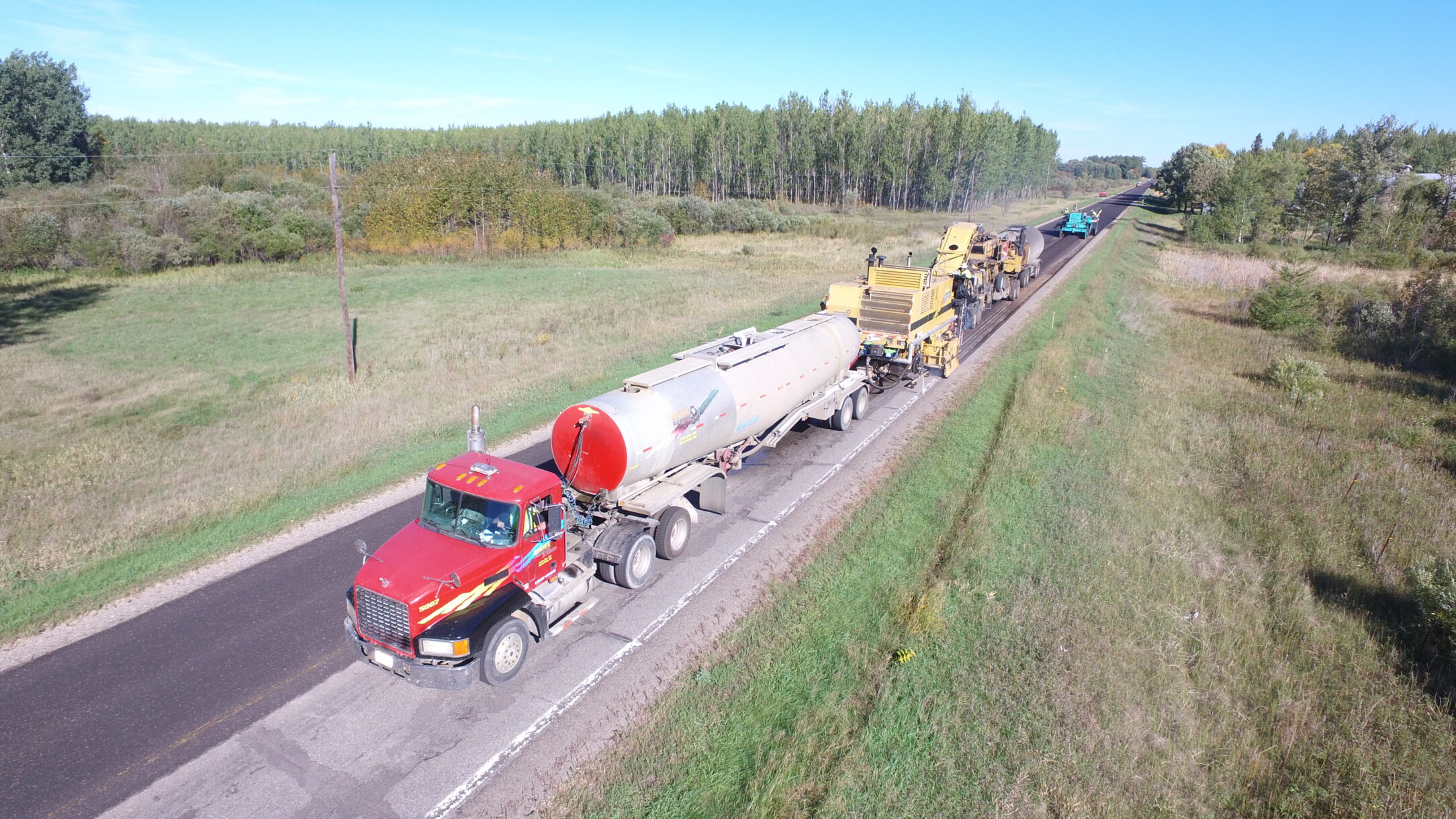
Recycling roadways offers a multitude of benefits that span environmental, economic, and societal domains. Here are several compelling reasons why we should recycle roadways:
- Environmental Sustainability:
- Conservation of Natural Resources: Recycling road materials reduces the demand for virgin aggregates and asphalt, preserving finite natural resources such as stone, sand, and oil.
- Energy Savings: Reusing existing road materials requires less energy compared to producing new materials, resulting in lower greenhouse gas emissions and reduced reliance on fossil fuels.
- Minimization of Waste: Recycling roadways helps divert construction and demolition waste from landfills, mitigating environmental pollution and promoting a circular economy.
- Cost-Effectiveness:
- Reduced Construction Costs: Recycling road materials can lead to significant cost savings in road construction and maintenance projects by eliminating the need to extract, transport, and process new materials.
- Long-Term Savings: Recycled roadways often exhibit improved durability and longevity, resulting in fewer repairs and reduced life cycle costs over time.
- Improved Performance:
- Enhanced Pavement Quality: Recycling techniques, such as cold in-place recycling or hot in-place recycling, can rejuvenate deteriorating pavements, restoring structural integrity and ride quality.
- Resistance to Cracking: Recycled materials, when properly engineered and implemented, can offer better resistance to cracking and rutting, ensuring safer and smoother driving conditions.
- Reduced Carbon Footprint:
- Lower Emissions: By minimizing the extraction, transportation, and processing of raw materials, recycling roadways contribute to lowering carbon emissions associated with construction activities, helping combat climate change.
- Carbon Sequestration: Some recycled road materials, such as reclaimed asphalt pavement (RAP), have the potential to sequester carbon dioxide (CO2) when used as aggregates, further offsetting greenhouse gas emissions.
- Sustainable Development:
- Social Impact: Recycling roadways supports sustainable development goals by fostering job creation, promoting innovation in infrastructure technologies, and enhancing the resilience of transportation networks to withstand future challenges.
In summary, recycling roadways represents a holistic approach to infrastructure management that aligns with principles of sustainability, efficiency, and resilience, ultimately benefiting both present and future generations.
